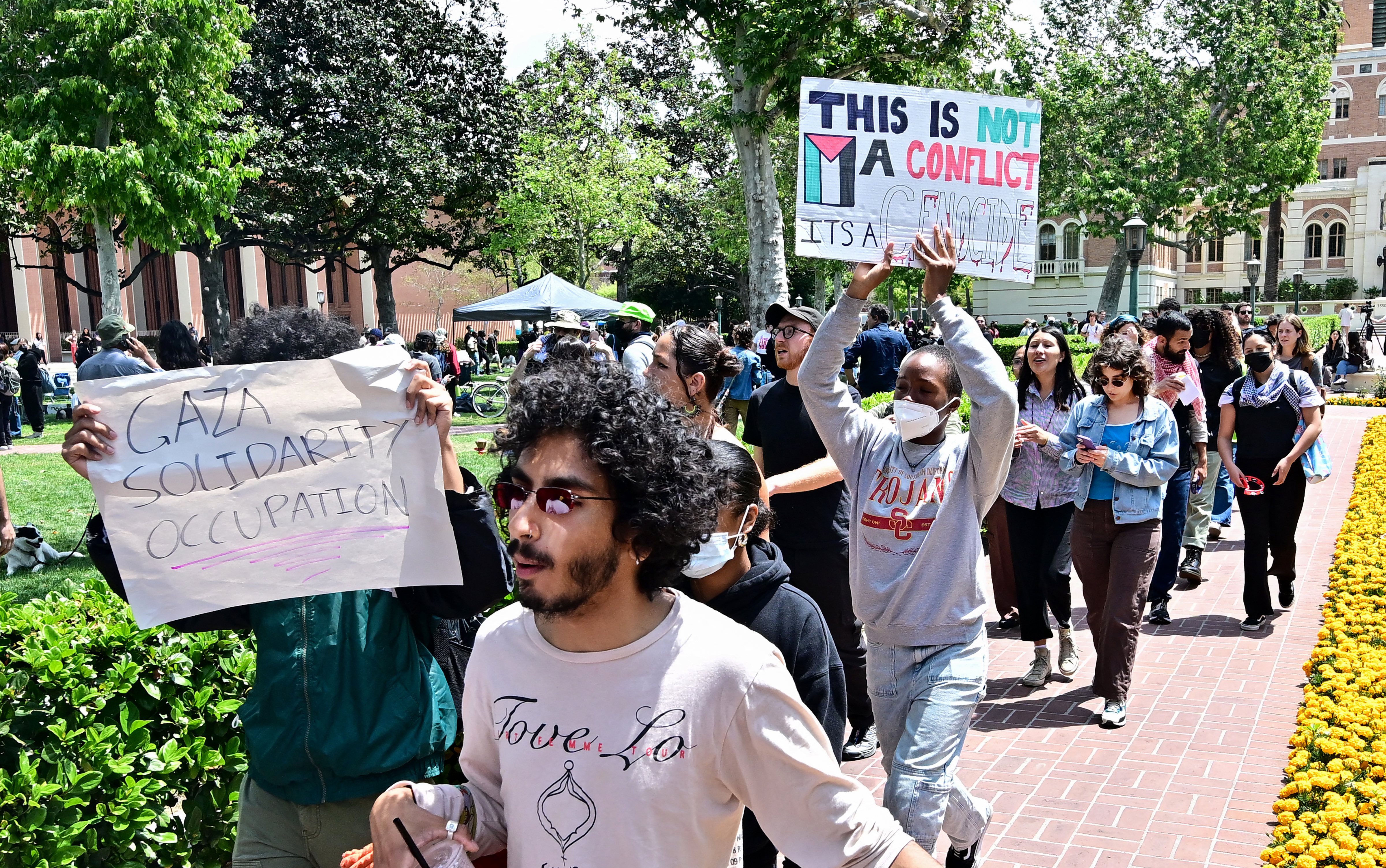Ever since an NBCLA undercover investigation last month, consumers have wondered whom they can trust at farmers markets.
Our investigation found vendors selling food they simply bought at a wholesaler, and others who flat-out lied about their fruits and vegetables being pesticide free.
"You have a lot of people giving you misinformation," says Jami Hoffman, who buys her produce every week at several farmers markets. "How do you know when to trust them?"
So NBCLA has put together some tips on how to find honest vendors, who truly sell locally grown produce.
Our advice is culled from government agriculture officials, operators of farmers markets and consumer advocates.
1) Ask the farmer a lot of questions.
- Ask him the exact location of his farm. Ask him if you can visit the farm. Ask what produce he's harvesting this week. If he can't give you specific answers, or acts too busy to talk to you, that's a big red flag. During our NBCLA investigation, one of our "undercover shoppers" asked a farmer the exact location and address of his farm. He said he didn't know. What? A farmer doesn't know where his farm is located? We later discovered that farmer was selling mostly items he'd bought from large commercial farms; not stuff he's actually grown himself.
2) Talk to the "market manager."
- Every certified farmers market has an on-site manager, who knows about the vendors at his or her market. Greta Dunlap, who runs the Beverly Hills farmers market, is known as one of the most diligent market managers. Dunlap says she will sometimes snap pictures of the produce at a stand, then make a visit to the farm to verify that they're really growing what they're selling to consumers. "It's pretty black and white when the vegetable or fruit is nowhere to be found," says Dunlap. She says she's kicked out three vendors in the last two years who she caught selling stuff they didn't grow. Dunlap says she's always happy to answer questions for market customers about vendors.
3) Verify for yourself that a farmer really grows what he sells.
- If a farmer is selling 26 different items, and only has a two-acre farm, he might be "supplementing" his product line with items from commercial farms. By law, a farmer must show customers, if they ask, a copy of his state certificate to sell at farmers market. This certificate lists all items he's allowed to grow. During our NBCLA investigation, we noticed one farmer selling limes, but when looked at his state certificate, it showed he didn't have any lime trees on his farm. He obviously bought those limes commercially.
4) Don't be fooled by the appearance of the produce.
- Produce that's locally grown isn't always as attractive as the stuff grown on large commercial farms that use multiple pesticides and commercial fertilizers. Numerous farmers market managers say strawberries are a case in point. "Berries that big, bright red, and uniform in size," are usually not grown on small local farms, said one market manager. What you're looking for is produce that fresh-picked, ripe, and tastes great.
5) "Pesticide free?" Oh, really?
- A lot of vendors will tell you their produce is "pesticide free," but that's just not true. In our NBCLA investigation, we tested strawberries from five vendors who made that claim, and three of the samples contained multiple pesticides. If a farmer makes this claim, ask him to specifically tell you what methods he employs to controls pests on his crops, such as using natural predators. When an NBCLA undercover shopper asked a farmer selling "pesticide-free" peaches how he controlled bugs on his trees, he couldn't tell us. If you want to be sure you're buying produce that's grown without synthetic chemicals, buy from vendors who are USDA certified as "organic." This means they've had to meet certain uniform government standards for growing without synthetic pesticides and fertilizers.
Under the law, it's the job of county agriculture inspectors to police farmers markets and make sure the vendors are telling you the truth. But our NBCLA investigation found inspectors rarely catch the cheaters.
News
Top news of the day
That leaves it up to you, the customer, to determine which farmers are the real deal and which aren't. Shopper Jami Hoffman says since the NBCLA investigation, she realizes she has to ask farmers a lot more questions.
"You really have to do your research," says Hoffman. "And you really have to use your intuition and your gut."



